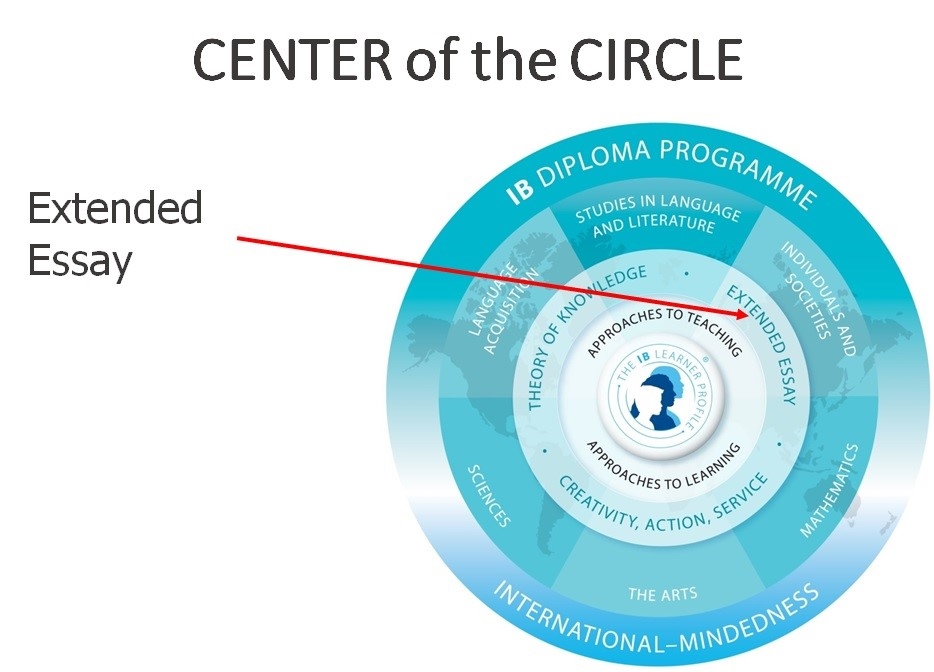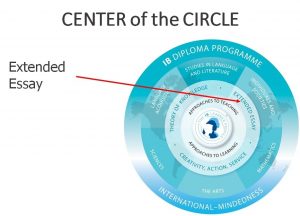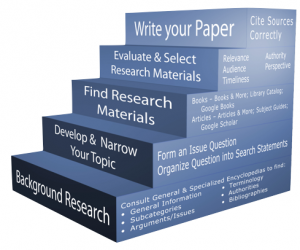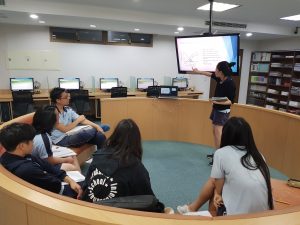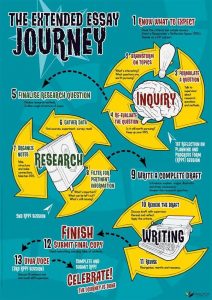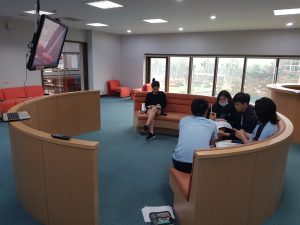
By Nathan D. Bryant
The Extended Essay (EE) is an independant university level research paper that students in the IB Diploma Program are expected to complete to earn their IB Diploma. As is shown in header image of this post, the EE is within the heart of the Diploma Program, and this is because it reflects one of the key expectations of the IB, for students to be able to both understand and communicate thoughtful and well-supported investigations, based upon authentic critical thinking. Students are allowed to choose any IB DP subject, having to completed a valid form of research within this topic. Often, this piece of writing can be a great addition to a student’s university portfolio. It is not an easy challenge for students, and although they have an assigned supervisor, they are only allowed around 5 hours of mentoring time. The majority of this week is expected to be done on their own initiative. This translates to students also needing effective time-management skills if they are to meet this IB DP expectation. You can learn more about the EE from the IB at: www.ibo.org
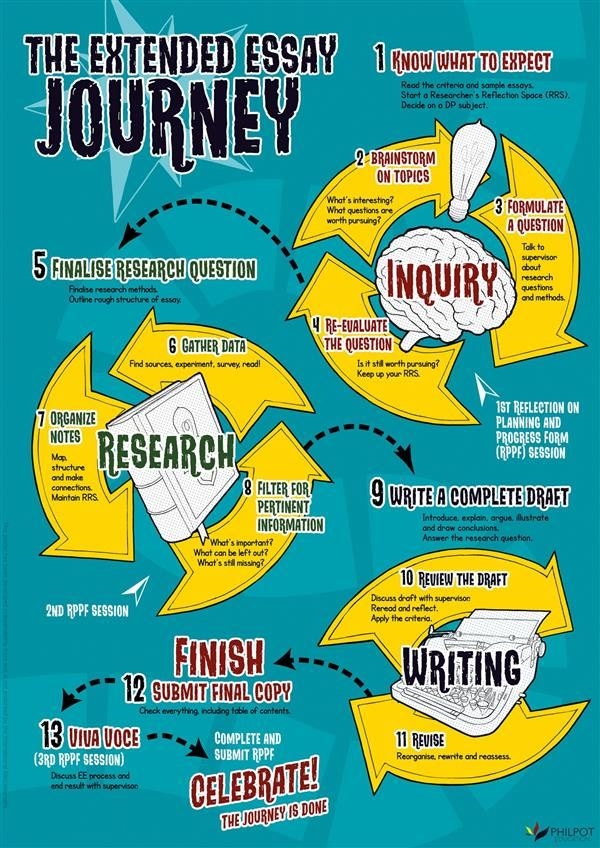
Image credit: https://www.duneland.k12.in.us/Page/1235
Completing Extended Essays provide students with a number of benefits, which is good news since this can be a lot of work. First, students learn how to apply valid research methods for a topic they are interested in. For example, when I supervised Business Management EE’s, my students had to not only identify the appropriate business tools and theories to evaluate a chosen business case study, they had to apply the tools correctly to get valid data. These students would come to understand the methodical process on how business owners make strategic decisions. A second benefit is that students learn how to organize and express their thoughts. I’ve often shared with students that if you can’t write and communicate something, then it is a sign you do not fully understand the topic. Since students have to write a 4000 word research paper, the have to use clear and logical methods to explain themselves. This is a valuable skill for many international students who are still mastering the use of English, as they will need to be good at this expectation once they arrive to university. Third, students get a reality check if they really prepared to learn on their own at university. More often than not, students realize later into this task that they will need to re-vamp their independent learning habits if they are going to pass. This gives them first hand feedback if they are truly ready for higher learning or not. Last, the EE gives students an opportunity to explore a topic they are interesting in studying in university. Often, students validate their initial thoughts on what they want to study, while at other times the realize they should consider other options. Either way, it is an important lesson that will help them in their next locations.
“No matter what questions students are staff may have, a leader’s job is to guide them towards understanding and mastery, even if they are starting at the very beginning. “
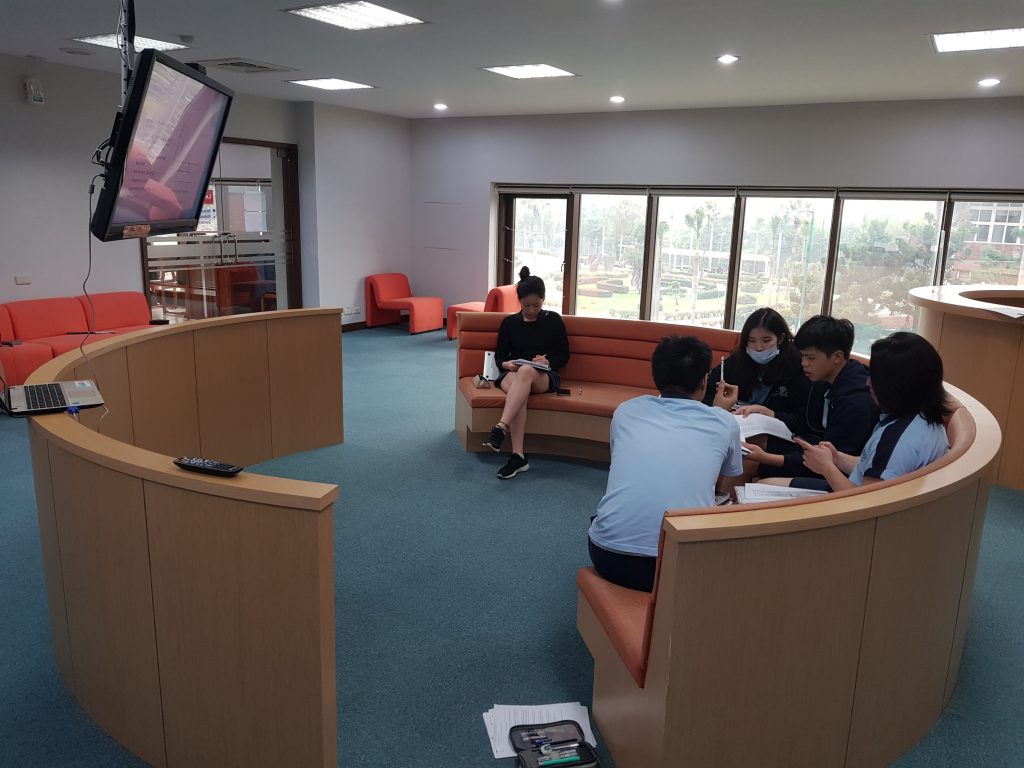
The EE Coordinator has an important task in guiding all DP students to completion of their research papers. First, the coordinator has to ensure all students not only know what they have to do, but be provided the necessary support to meet these expectations. This can certainly be a challenge for large schools that represent diverse student needs. Next, the coordinator needs to guide all teaching staff who will supervise these students how to complete their roles, and again, make sure they are set up for success. Last, the coordinator needs to oversee and enforce all IB DP expectations. Issues such as plagiarism are of course a detriment to any school’s program, so being vigilant with this threat is a part of the job.
For myself to meet these objectives as a school leader, one theory I chose was that of Flow, presented by Mihaly Csikszentmihalyi in his novel Flow: The Psychology of Optimal Experience. The basic idea is that there is a proximal zone of where the most productivity, or in the case of students, learning occurs. Just as educators we must ensure students are not given a task they can’t complete without adequate support, we must also ensure they are provided opportunities to challenge themselves to avoid boredom and loss of flow. I mainly employed this strategy by 1. Making time to personally mentor the EE supervisors to ensure they could promote student flow, and 2. by developing a school based Google Site, in which students could refer to for any questions or additional needed support. This worked quite well, as with the demand of the IB schedule, the website allowed students another tailored resource at anytime that was best for their schedules. Staff and students alike were thankful for this increase of productivity.
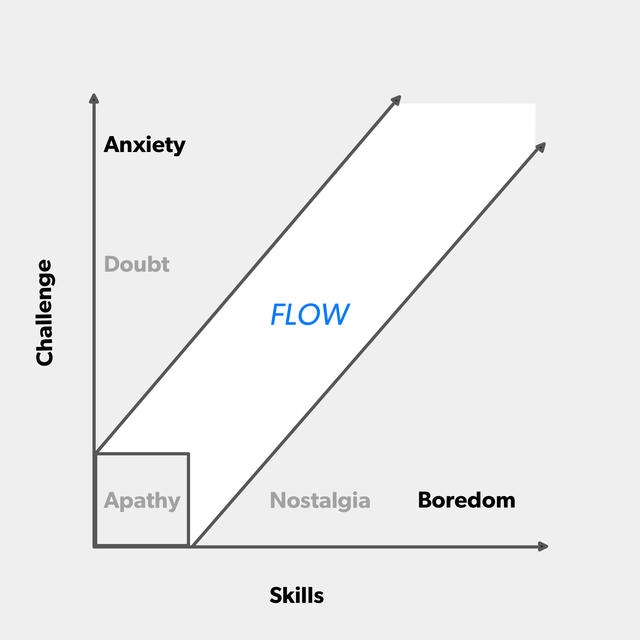
Overall, I was grateful for this experience and as leader, I was able to gain some important lessons. One lesson was that research papers are complex endeavors. A school leader needs to be willing to put in the extra time and learn whenever they take on new tasks, which them helped me to be of support when student or staff questions came up. I also was reminded of how important passion is. While it was unfortunate that some students selected research topics just because they thought it would be easy, there were other students who selected topics because they genuinely wanted to learn more. Students who chose this path learned quite a lot more than their peers did. Last, I learned that as a leader, I must always be aware and flexible to the needs of all students and staff. Just as some students who began this assignment who had not yet learned the difference between primary and secondary sources, there were also teachers who were new to resources such as Google Docs for reviewing student work. No matter what questions students are staff may have, a leader’s job is to guide them towards understanding and mastery, even if they are starting at the very beginning.
